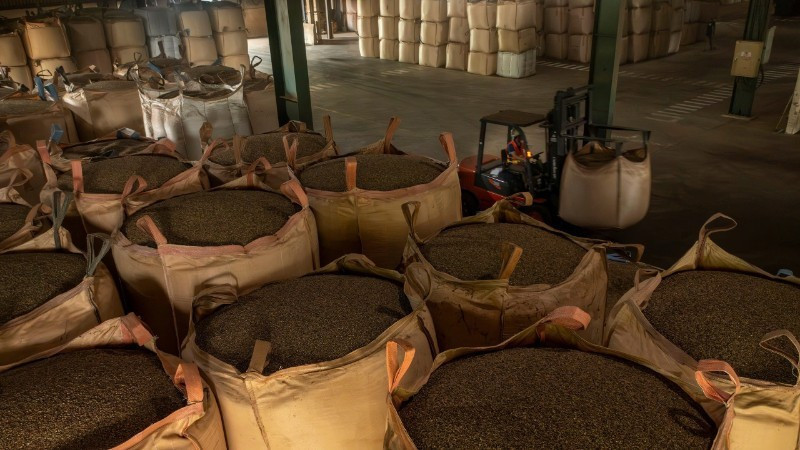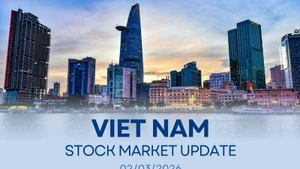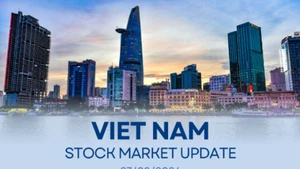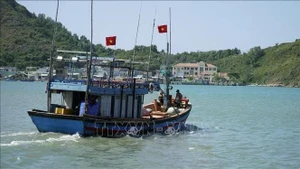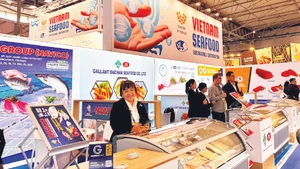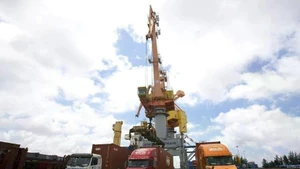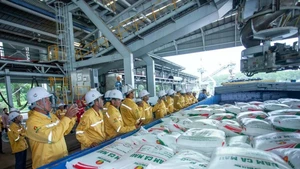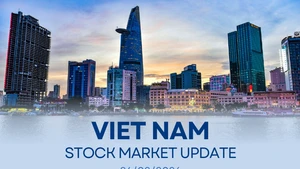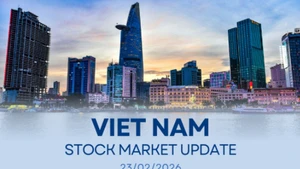According to information from the International Trade Centre (ITC), in the first seven months of 2025, Thailand imported 21.7 thousand tonnes of coffee worth 104.8 million USD, down 38.1% in volume and 19.9% in value year-on-year. Thailand’s average imported coffee price reached 4,821 USD per tonne, up 29.3% compared to the same period in 2024.
Thailand’s average imported coffee price from Viet Nam rose 54.4% year-on-year to 5,352 USD per tonne. However, Viet Nam’s market share in Thailand’s total coffee imports dropped sharply, from 67.11% in the first seven months of 2024 to 25.9% in the same period of 2025.
While Viet Nam’s coffee market share in Thailand fell significantly, the coffee market shares of Laos and Indonesia expanded remarkably. Laos became Thailand’s largest coffee supplier in the first seven months of 2025, shipping 11.1 thousand tonnes, worth 38.3 million USD, up 12.5% in volume and 14.7% in value compared to the same period in 2024. Laos’s coffee market share in Thailand’s total imports rose from 28.18% to 51.18% year-on-year.
In the first seven months of 2025, Indonesia also posted robust growth, supplying 3.7 thousand tonnes of coffee, worth 19.8 million USD, surging by 475.7% in volume and 508.4% in value compared with the same period of 2024. Indonesia’s coffee market share in Thailand’s total imports jumped from 1.82% to 16.95% year-on-year.
To regain its position, Vietnamese enterprises need to shift towards exporting processed coffee, improve quality and meet international standards. At the same time, they need to optimise cross-border logistics to reduce costs and increase price competitiveness. In addition, businesses should step up trade promotion, directly connect with major coffee chains in Thailand, and focus on building a strong “Vietnamese coffee” brand, positioned in the premium segment instead of competing in the low-price segment.
